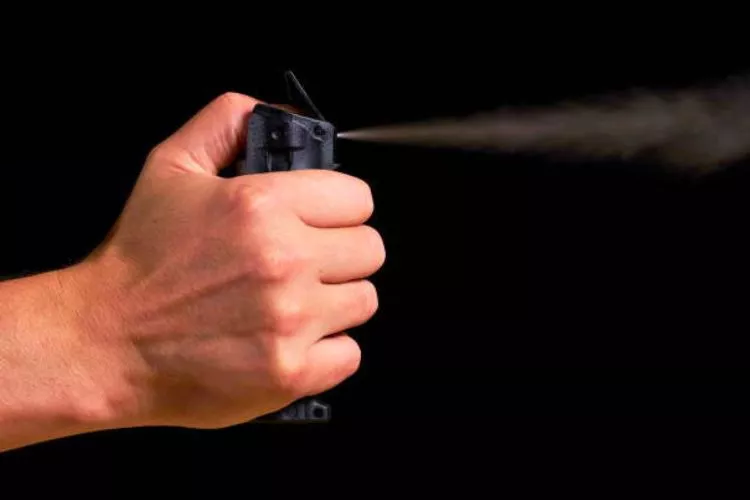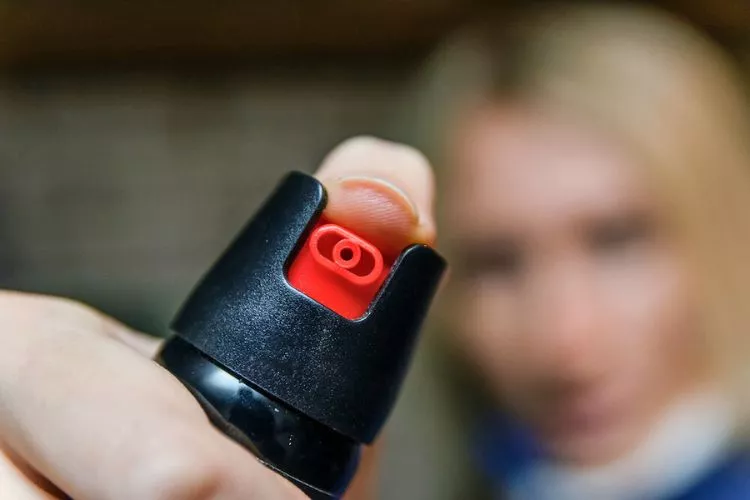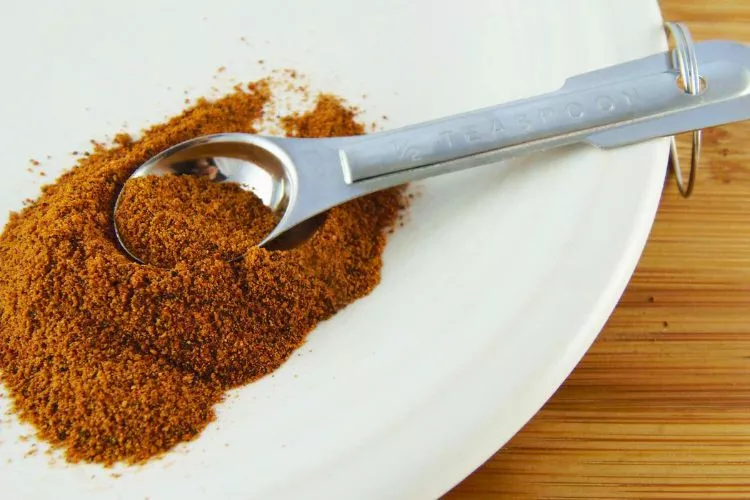Mace is a popular self-defense tool that many use. In fact, it has gained a lot of traction lately among the survival enthusiasts.
But, does mace expire?
Truly speaking mace does expire, and that’s why almost all manufacturers recommend replacing your mace spray canister every 3 to 4 years.
However, understanding the shelf life and effectiveness of products we trust for our safety is crucial.
This article delves into the aspects of mace including manufacture date, expiration date, proper storage, and overall performance after a particular period.

Understanding the lifespan of mace can inform your decisions and potentially save you from mishaps.
Whether you own a canister or plan on buying one, we provide detailed answers to one of the most frequent queries of this pertinent self-defense tool.
Does mace expire?
Yes, mace does expire. Most manufacturers recommend replacing your mace spray canister every 3 to 4 years. This is because over time, the potency of the active ingredient – oleoresin capsicum – may decrease, reducing its effectiveness as a defense tool.
Furthermore, the mace can degrade faster if poorly stored in harsh conditions, like extreme heat or cold. After its expiration, while the mace will not harm the user, it may not produce the desired effect.
Therefore, regularly checking and replacing your mace canister is critical to ensure it serves its purpose when needed.
Can you use expired mace?
Technically, you can still use expired mace, but it’s not always recommended. Like any other product, mace’s effectiveness diminishes past its expiration date. The active ingredient in mace, oleoresin capsicum, typically loses its potency over time.

Consequently, using an outdated canister may only yield a weak spray or not work, leaving you unprotected in an emergency. While expired mace is not dangerous or harmful to you directly, its reduced efficiency may prevent it from serving its purpose as a self-defense tool.
As such, keeping your mace up to date is essential to ensure its optimum functionality when you need it most.
How long does unused mace last?
Unused mace generally has a shelf life of approximately 3 to 5 years when unopened and stored properly1. The mace consists of capsaicin oil suspended in a solvent, such as chlorofluorocarbon (CFC) or oleoresin capsicum (OC).
Over time, the capsaicin oil can separate from the solvent and become less effective, and the solvent itself may also evaporate, leaving behind only the oil1.
Exposure to extreme temperatures, both hot and cold, can accelerate the breakdown of mace1. To prolong the shelf life of unopened mace, storing it in a cool, dry place away from direct sunlight is crucial.
In summary, check the expiration date on the mace canister for maximum effectiveness and replace it accordingly.
How often should you replace mace?
Like any safety tool, Mace should be kept in optimal condition to ensure its effectiveness when required. Most manufacturers suggest a replacement period of every 3 to 4 years even if the mace hasn’t been used.
This timeline is recommended because the potency of mace’s active ingredient, oleoresin capsicum, lessens over time.

Additionally, aspects like the seal integrity of the spray canister and the environmental conditions where the mace is stored can influence its performance.
Therefore, to guarantee your mace is ready and reliable when needed, always check the expiration date, storage conditions, and consider replacing the canister every 3 to 4 years as a precaution.
How long does whole mace last?
In terms of mace as a spice, whole mace has a fairly long shelf life. Generally, if stored in proper containers and kept in a cool, dry, dark place, whole mace can last up to 4 years without losing flavor and aroma. Over time, however, the spice’s potency will diminish.
After 4 years, although it won’t necessarily spoil or become harmful, the mace will start to lose its distinct nutty, slightly sweet taste and warm aroma, making it desirable in culinary uses.
To get the most out of your whole mace, use it within the suggested timeframe and store it appropriately to preserve its flavor and aroma.
What happens to bear mace when it expires?
Bear mace, like personal self-defense mace, has an expiration date, generally indicated by the manufacturer. Once it expires, the efficacy of the bear mace may diminish over time.
The active chemical ingredient, oleoresin capsicum, loses potency, resulting in a weaker spray that might not deter a bear efficiently in a dangerous situation.

Furthermore, the pressure inside the canister that enables the mace to be sprayed might also decrease over time, influencing the effectiveness and spray range.
While using expired bear mace won’t cause direct harm to you, it may not provide the intended level of protection. Hence, replacing your bear mace canister is recommended as advised by the manufacturer, usually every 3-4 years.
Does expired pepper spray hurt more?
No, expired pepper spray does not hurt more. Its potency decreases over time. The primary ingredient in pepper spray, oleoresin capsicum, deteriorates with age, which can lead to a decrease in effectiveness upon use.
This could result in a weaker stream, lower range, or a less intense effect on the target.
Therefore, expired pepper spray is unlikely to cause more pain than a fresh canister; it may be less effective. Despite not being harmful to the user directly, expired pepper spray may fail you when you need it most.
It is highly advised to check your pepper spray canister’s expiry date routinely and replace it as necessary to ensure it offers efficient protection.
Conclusion:
In conclusion, yes, mace does expire. Whether it’s a mace used for personal self-defense or a culinary spice, it loses its potency over time.
Mace products come with a manufacturer’s expiry date to help users understand when the product may not be as effective as when it was fresh.
For the maximum effectiveness of mace sprays, it’s crucial to replace them every 3 to 4 years, even if they remain unused. For the spice, whole mace can retain its flavor and aroma for up to 4 years when stored correctly.
Therefore, keeping track of the dates and storing these products appropriately for their best use is important.
Understanding and adhering to product expiration dates ensure the product’s quality, effectiveness, and safety, providing the user with assurance during usage.


